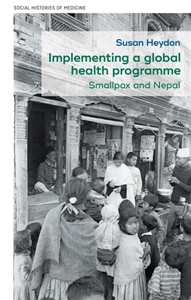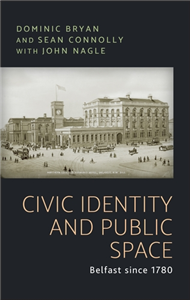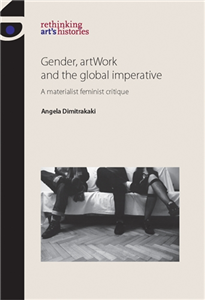Global Collective Publishers
Global Collective Publishers, based in Philadelphia, Pennsylvania, is an independent publisher whose mission is to provide a platform for voices from around the world, crossing the borders of language, culture, religion, and gender, and to create a space where diverse communities can share and exchange stories that express their individual and shared sense of humanity through a variety of literary genres in fiction and non-fiction. In a world that feels increasingly more alienating, it is our aim to work towards dispelling the fear of the other and stand against literature of hatred, embracing the shared human experience in its myriad textures and voices through a curiosity-driven life. Global Collective is committed to publishing across a diverse landscape of fiction and non-fiction, in the areas of religion and spirituality, personal growth and self-transformation, gender and LGBT+ studies, social awareness, art and cinema. Global Collective takes to heart Booker Prize winner Ben Okri’s assertion that “stories can conquer fear… they can make the heart bigger.”Global Collective Publishers seeks unique and extraordinary literature that satiates our desire to gain a deeper understanding of the world around us and to discover points of commonality amongst our differences where words have no borders.
View Rights Portal






















